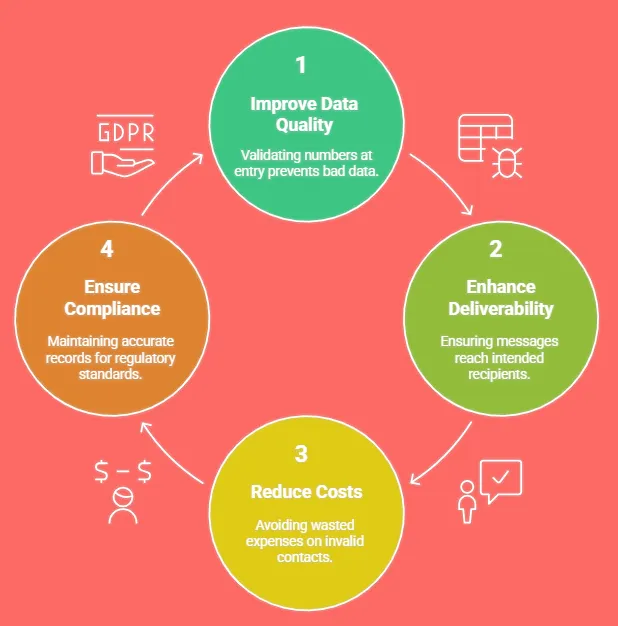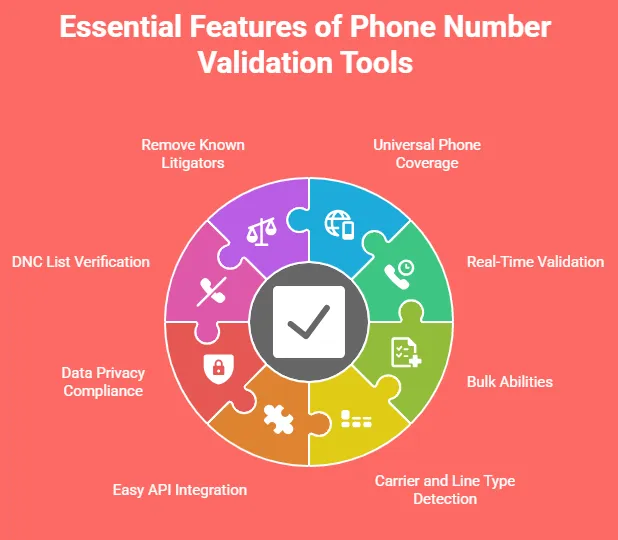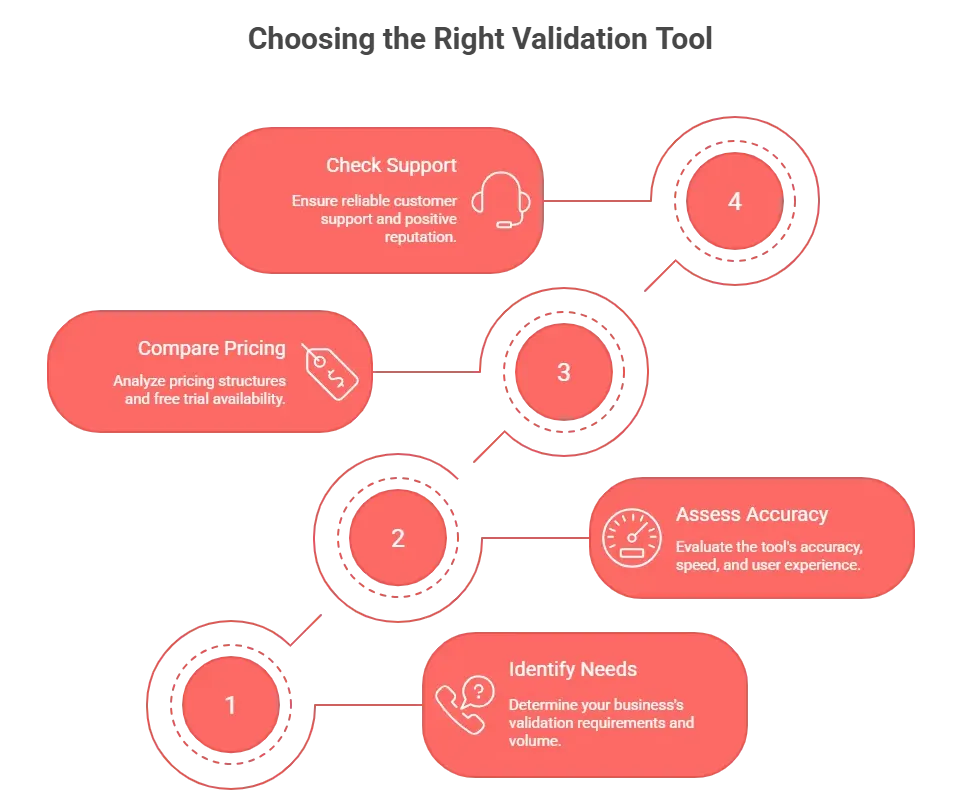Having accurate phone information is the most important component of any successful business communication plan. Without this, marketing campaigns are ineffective, sales efforts are stalled and relationships with existing customers will erode. This is why it is essential to use a well-established, dependable phone number validation tool. A validation tool will ensure that every contact in your database is real, alive, and expect to receive your outreach communication.
Whether you are a small business exploring phone number validation tool free options or a larger company seeking advanced features, choosing the right validation solution can dramatically improve your outreach and save costs.
In this article, we will first explain what a phone number validation tool does, why it is important, and how to select the right phone number validation for your unique business needs.
What is a Phone Number Validation Tool?
The phone number validation tool checks the validity and usability of the phone numbers in your database. This tool checks to see the number follows the correct formatting rules(E.164), specifies the mobile carrier, and also determines whether the number is connected or disconnected.
The validation process will help businesses keep clean, accurate contact lists to make better decisions in implementing their marketing strategies and chasing sales leads without wasting efforts on invalid business contacts.









